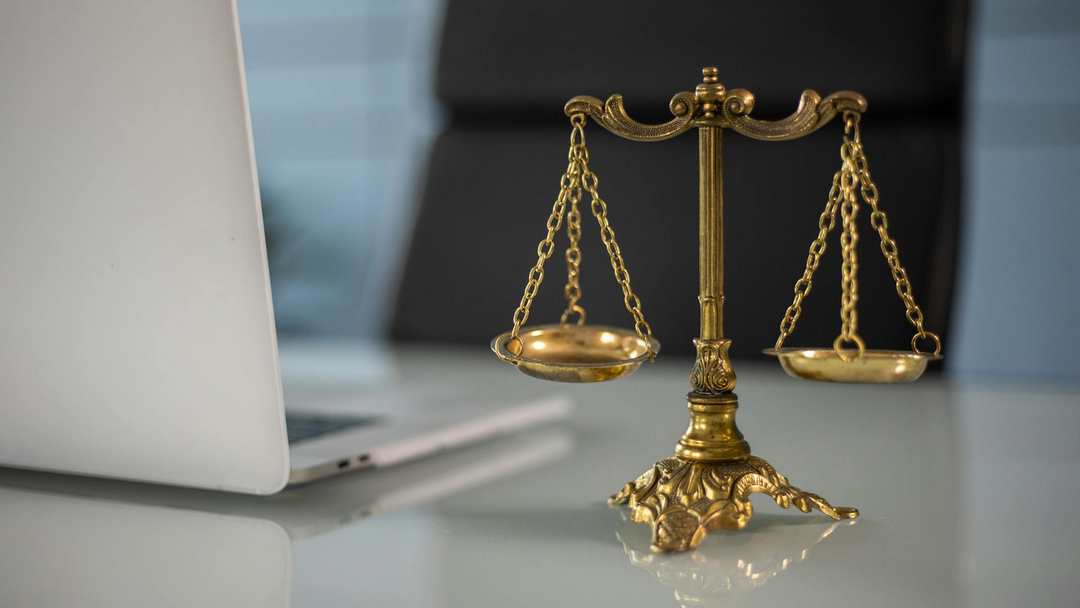Sorry…Not Sorry
Michigan Governmental Immunity Laws
Michigan’s governmental immunity laws provide legal protection to government agencies and their employees in negligence lawsuits. Here are the key points:
Governmental Agency Immunity:
- A governmental agency is immune from tort liability when engaged in the exercise or discharge of a governmental function.
- This immunity does not modify or restrict the state’s immunity from tort liability as it existed before July 1, 1965.
- The state’s immunity from tort liability is affirmed.
Officer and Employee Immunity:
Officers, employees, and volunteers acting on behalf of a governmental agency are immune from tort liability for injuries or property damage caused during the course of employment or service.
Conditions for immunity:
- Acting within the scope of authority.
- The governmental agency is engaged in a governmental function.
- Conduct does not amount to gross negligence that proximately causes injury or damage.
- Intentional torts are not covered by this immunity.
Specific Immunities:
- Judges, legislators, and the highest appointive executive officials are immune from tort liability when acting within their respective authorities.
- Guardians ad litem are immune when acting within their authority.
Why not you?
Because you don’t work for the government.
Watch the abuse in the near future
Relevant Michigan Compiled Laws (MCL) Links
- MCL Section 691.1407: Detailed provisions on governmental immunity.
- MCL Section 691.1418: Factual disputes related to injuries and serious impairment of body function.
News Articles on Michigan Immunity Laws
- FOX 17: What is Government Immunity?
Provides an overview of government immunity in Michigan. - FOX 2 Detroit: Waiting for Justice – Michigan’s Public Employees and Government Immunity
Discusses how government immunity protects public employees unless gross negligence is proven as the proximate cause of injury or damage.
FAQs
Is Michigan a qualified immunity state?
- In Michigan, qualified immunity is created by statute. Its application, however, is limited to state court civil actions alleging tortious behavior causing injury or damages, such as cases which allege assault, battery (excessive force claims), and injuries from vehicular accidents.
What are the exceptions to governmental immunity in Michigan?
- Since 1986, most of the governmental immunity cases have been focused on the major exceptions to governmental immunity—failure to keep highways in reasonable repair, the negligent operation of government-owned motor vehicles, and dangerous or defective conditions in public buildings.
Who qualifies for immunity?
- Qualified immunity only applies to suits against government officials as individuals, not suits against the government for damages caused by the officials’ actions. Although qualified immunity frequently appears in cases involving police officers, it also applies to most other executive branch officials.
What states are getting rid of qualified immunity?
- In addition, cities and states can create their own causes of action to hold government officials accountable and ban qualified immunity as a potential defense. Today, four states—Colorado, Montana, Nevada, and New Mexico—have eliminated qualified immunity for state constitutional lawsuits against police officers.
Here’s the Law
MCL Section 691.1407
691.1407 Immunity from tort liability; intentional torts; immunity of judge, legislator, official, and guardian ad litem; immunity of governmental agency under MISS DIG underground facility damage prevention and safety act; definitions.
Sec. 7.

New Michigan Laws Going Into Effect 2025
Making laws as fast as possible. Look over here...Not over there.Some of Michigan's new laws in 2025 include minimum wage increases, paid sick time, and automatic voter registration. Minimum wage The minimum wage in Michigan increased to $10.56 per hour on January 1,...

Whitmer’s $3B plan to fix Michigan’s roads calls for more taxes
Same Thing - Different DayWhitmer's $3B plan to fix Michigan roads calls for more corporate, marijuana taxes, taxes at the pump and you can just imagine the ones you don't know about.Michigan Governor Gretchen Whitmer has introduced a comprehensive three billion...
Other Articles
The US Supreme Court and Federal Gun Law Cases
The US Supreme Court and Federal Gun Law CasesChallenges to Federal Gun Laws the right of the people to keep and bear Arms, shall not be infringed Updated July 8, 2024 Ratified in 1791, the Second Amendment provides, “A well regulated Militia, being necessary to the...
Do Passengers in a Vehicle have 4th Amendment Rights?
Do Passengers have 4th Amendment Rights?Michigan Supreme Court Limits Police Ability to Search Passenger Property in CarsBackground Mead was a passenger in a car and had just met the driver, who offered him a ride. When the police stopped the vehicle and ordered both...
Do Students Have 4th Amendment Rights in Schools
Students and 4th Amendment RightsStudents are entitled to a right to be safe from unreasonable searches and seizures even within school premises, as ruled by the Supreme Court of the United States. However, these rights are somewhat limited for students, allowing...
Forfeiture Law: SCOTUS and Sixth Circuit Issue Landmark Rulings
Forfeiture Law in Focus: SCOTUS and Sixth Circuit Issue Landmark RulingsThe landscape of forfeiture law has been significantly shaped by recent decisions from the U.S. Supreme Court and the Sixth Circuit Court of Appeals. These rulings, in the cases of United States v...















